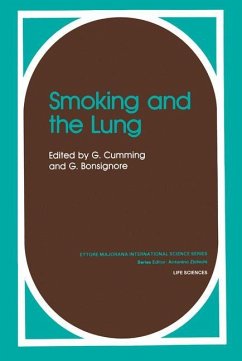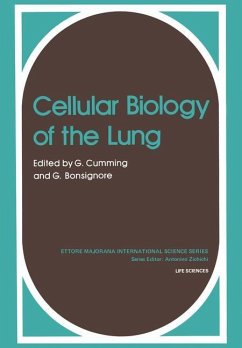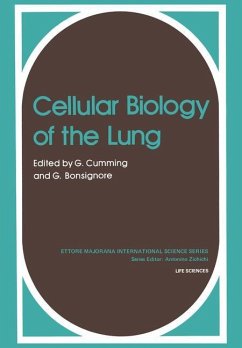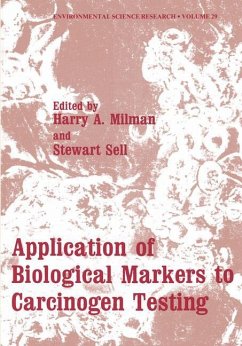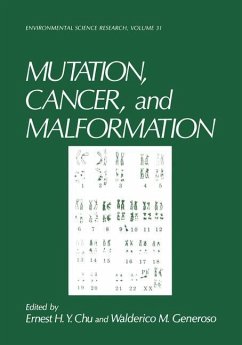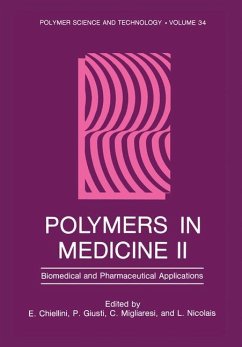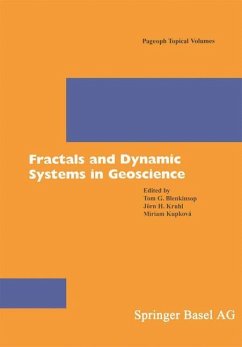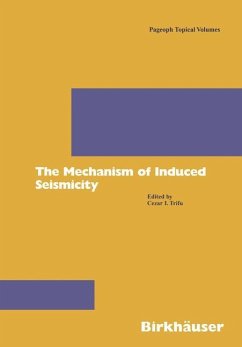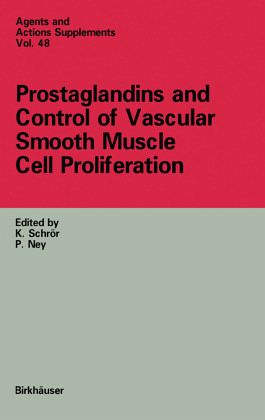
Prostaglandins and Control of Vascular Smooth Muscle Cell Proliferation
Versandkostenfrei!
Versandfertig in 6-10 Tagen
38,99 €
inkl. MwSt.

PAYBACK Punkte
19 °P sammeln!
Uncontrolled proliferation of vascular smooth muscle cells (SMC) in response to vessel injury is a problem with a considerable therapeutic impact. Specifically, restenosis after percutaneous transluminal coronary angioplasty (PTCA) is a clinical problem without any effective drug therapy so far. Thus, there is need for an improved drug therapy but also for an improved understanding of the pathophysiology of growth control in SMC. Cyclooxygenase products, such as prostaglandins and thromboxane, are intimately involved in growth responses. Vasodilatory prostaglandins, such as PGI , PGE or their ...
Uncontrolled proliferation of vascular smooth muscle cells (SMC) in response to vessel injury is a problem with a considerable therapeutic impact. Specifically, restenosis after percutaneous transluminal coronary angioplasty (PTCA) is a clinical problem without any effective drug therapy so far. Thus, there is need for an improved drug therapy but also for an improved understanding of the pathophysiology of growth control in SMC. Cyclooxygenase products, such as prostaglandins and thromboxane, are intimately involved in growth responses. Vasodilatory prostaglandins, such as PGI , PGE or their analogues, have 2 1 been shown to inhibit SMC proliferation. There is also evidence for a markedly increased endogenous prostaglandin production during neointirna formation under the influence of growth factors which includes induction of COX-2. These data suggest that prostaglandins might be considered both targets and tools of growth control. However, there are still many open questions, including the possible interaction of prostaglandins with other growth modulating factors, in particular NO, the intracellular signal transduction pathways and the role of oxidative stress.



